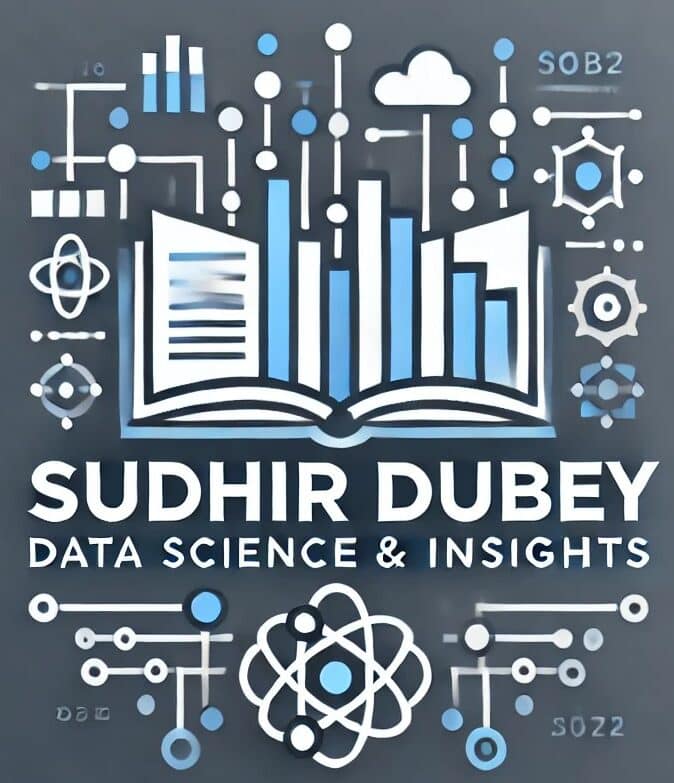Big Data Trends: Advanced Insights for 2025
Table of Contents
Real-Time Data Analysis
Real-time data analysis allows businesses to respond swiftly to market changes, enhancing decision-making processes. High-frequency trading in finance, dynamic pricing, and personalized marketing campaigns have all benefited from this trend. Popular frameworks like Apache Kafka and Flink enable real-time processing, providing organizations with the tools to analyze streaming data efficiently. Internal big data tools have further optimized these processes, driving innovation and efficiency.
AI Enhancements in Big Data
Artificial Intelligence continues to revolutionize how data is processed, with machine learning algorithms offering predictive insights that were once considered the realm of science fiction. Techniques such as deep learning are increasingly applied to handle unstructured data, uncovering patterns within massive data sets. AI-driven predictive analytics has seen significant adoption across sectors, improving everything from supply chain management to customer experience. Visit our machine learning trends page to explore further.
Balancing Privacy and Security
As big data capabilities expand, so do concerns around privacy and security. Ensuring compliance with regulations like GDPR becomes essential, requiring advanced encryption methods and anonymization techniques. Companies are tasked with protecting user data while leveraging it for insights, a delicate balance that demands robust security frameworks. External resources such as OWASP offer valuable guidelines for maintaining data integrity and user trust.
Real-World Case Studies
Numerous organizations have successfully navigated these trends to their advantage. A leading retailer, for instance, utilized real-time analytics to optimize its supply chain operations, reducing costs by 15%. Another example includes a healthcare provider implementing AI-driven predictions to enhance patient diagnosis accuracy, demonstrating the transformative power of integrating these technologies.
Future Outlook
Looking ahead, the convergence of IoT with big data promises to further disrupt traditional data collection methods, introducing more nuanced and immediate insights. As quantum computing technologies mature, they hold the potential to solve complex computations that traditional systems struggle with, changing the landscape of big data analysis profoundly.
Frequently Asked Questions
What is the impact of real-time data analysis on business operations?
Real-time data analysis enables businesses to respond more quickly to changes, enhancing their agility and providing a competitive advantage by making informed decisions swiftly.
How does AI improve big data processing?
AI optimizes big data processing by using machine learning algorithms to extract insights from large volumes of structured and unstructured data, often revealing patterns that humans might miss.
What are the privacy concerns with big data?
Privacy concerns involve protecting personal data from unauthorized access and ensuring compliance with standards like GDPR, demanding rigorous security measures and data handling practices.
What technologies are essential for managing big data?
Technologies such as Apache Hadoop, Spark, and Kafka are essential for big data management, providing robust frameworks for data storage, processing, and analysis.
Conclusion
As we move towards 2025, big data trends, particularly in real-time data analysis, will continue to evolve, offering new opportunities and challenges for businesses. By leveraging AI enhancements and ensuring stringent privacy and security protocols, organizations can unlock significant value from their data assets. The future promises even more transformative changes, particularly with the advent of IoT and quantum computing. Stay informed and ahead of the curve by exploring our in-depth resources and subscribing to our newsletter for ongoing insights.



